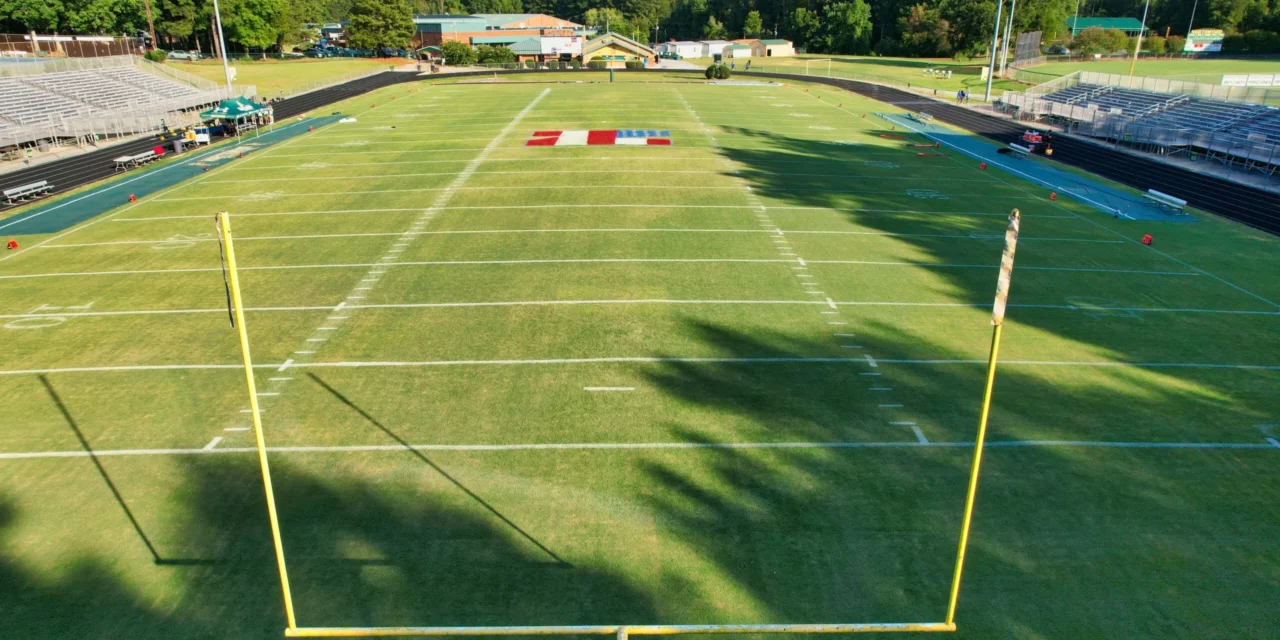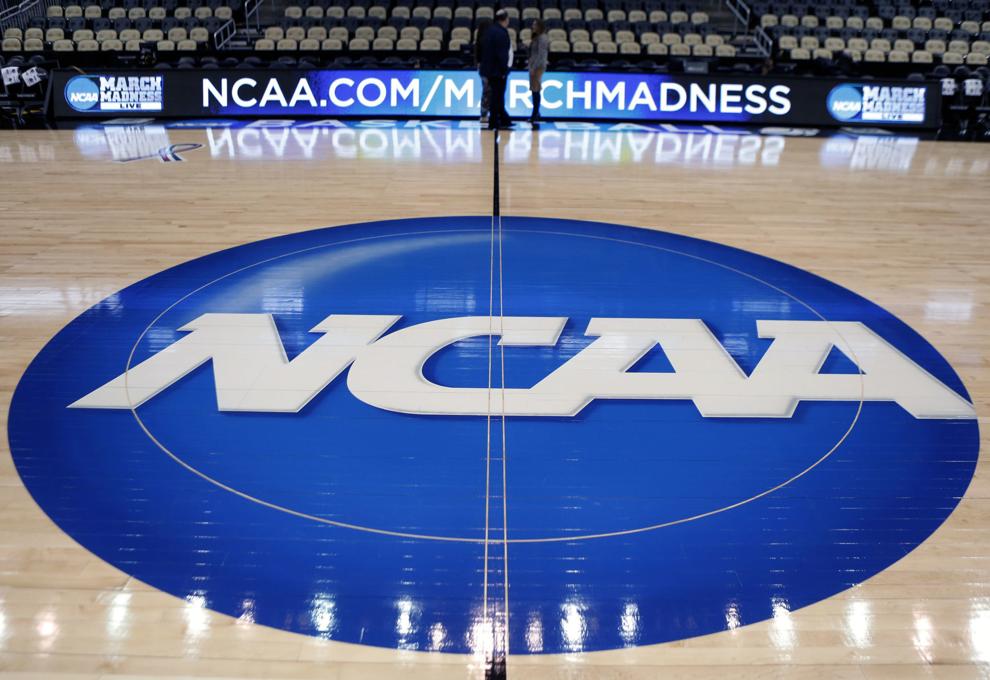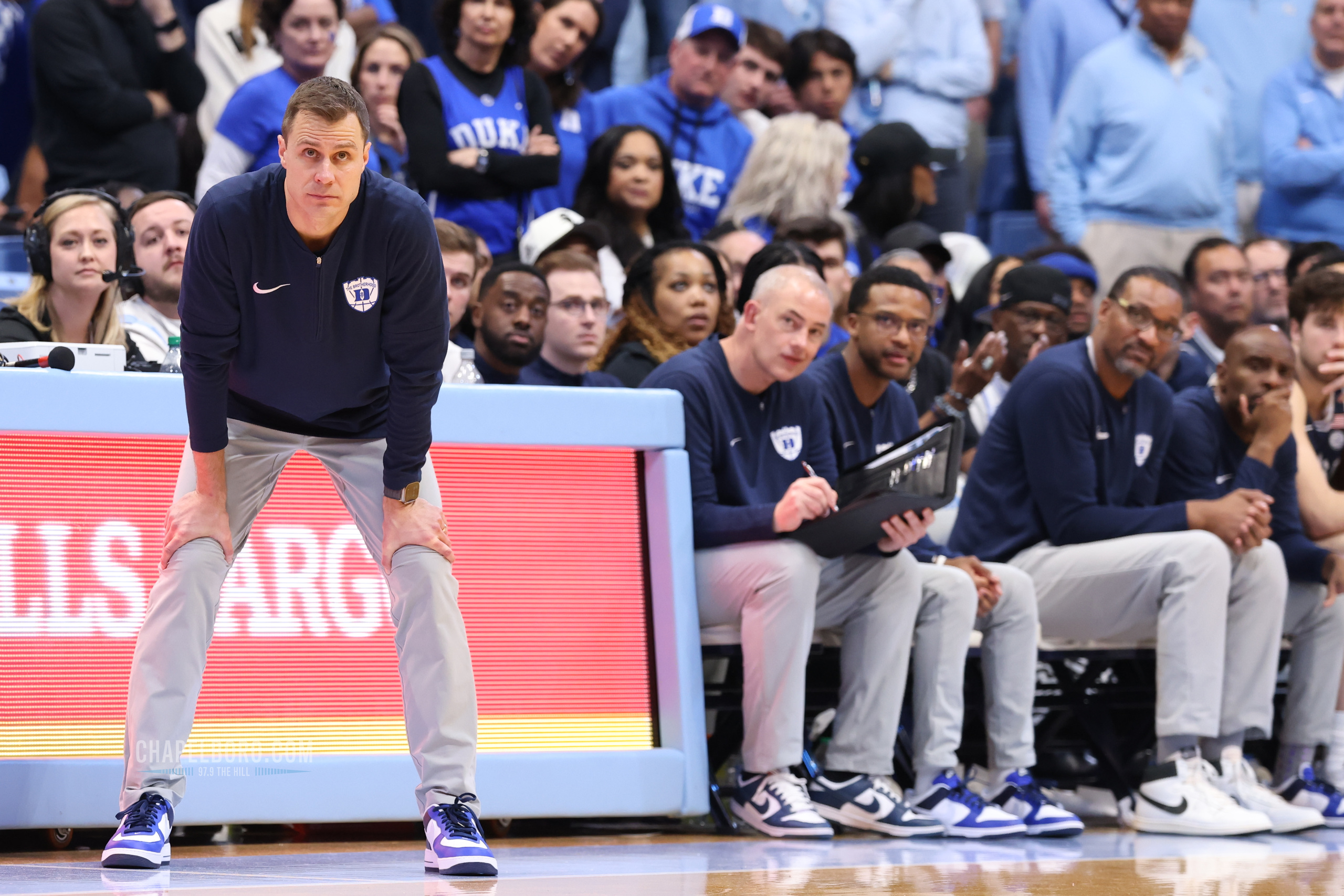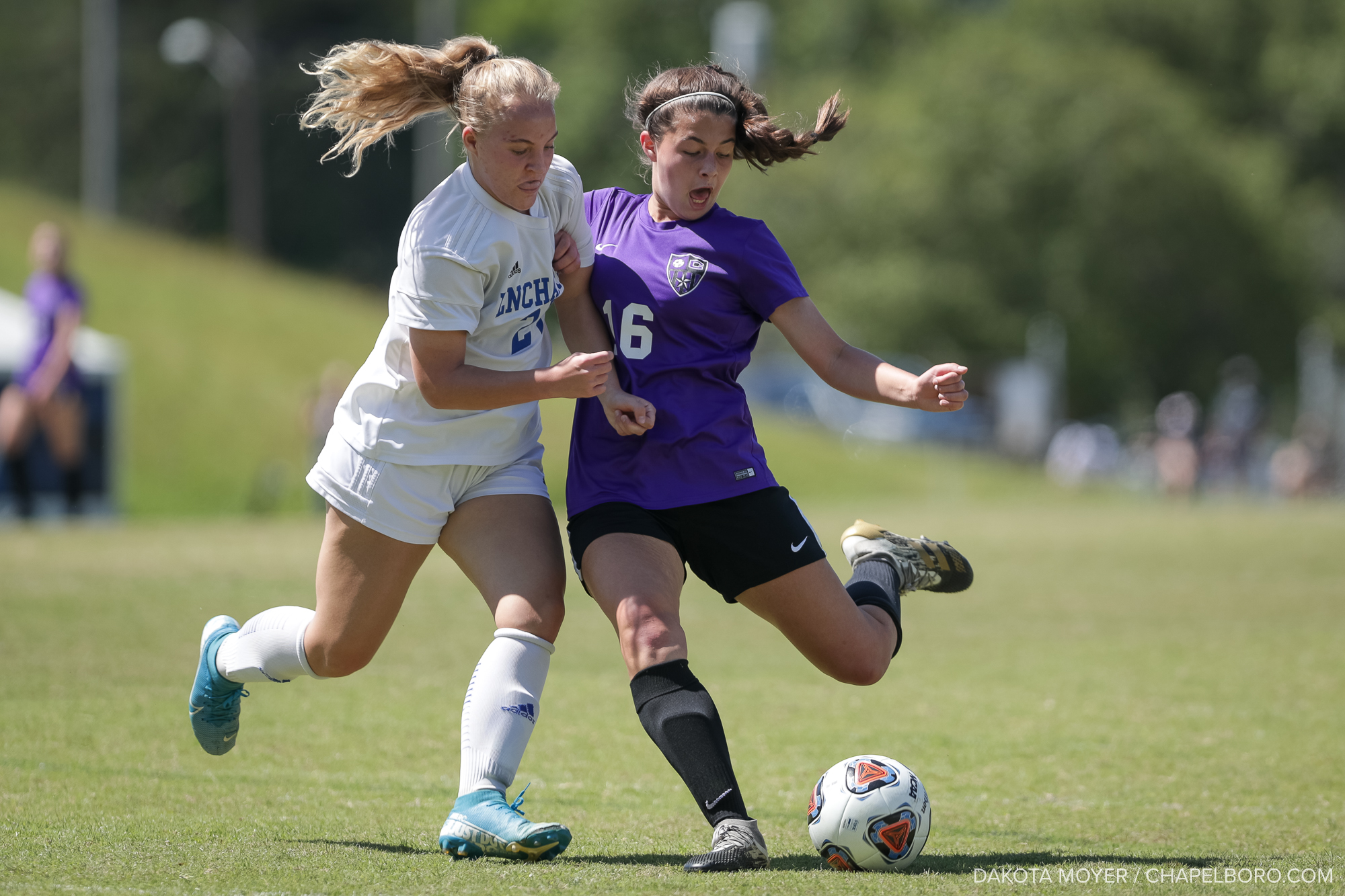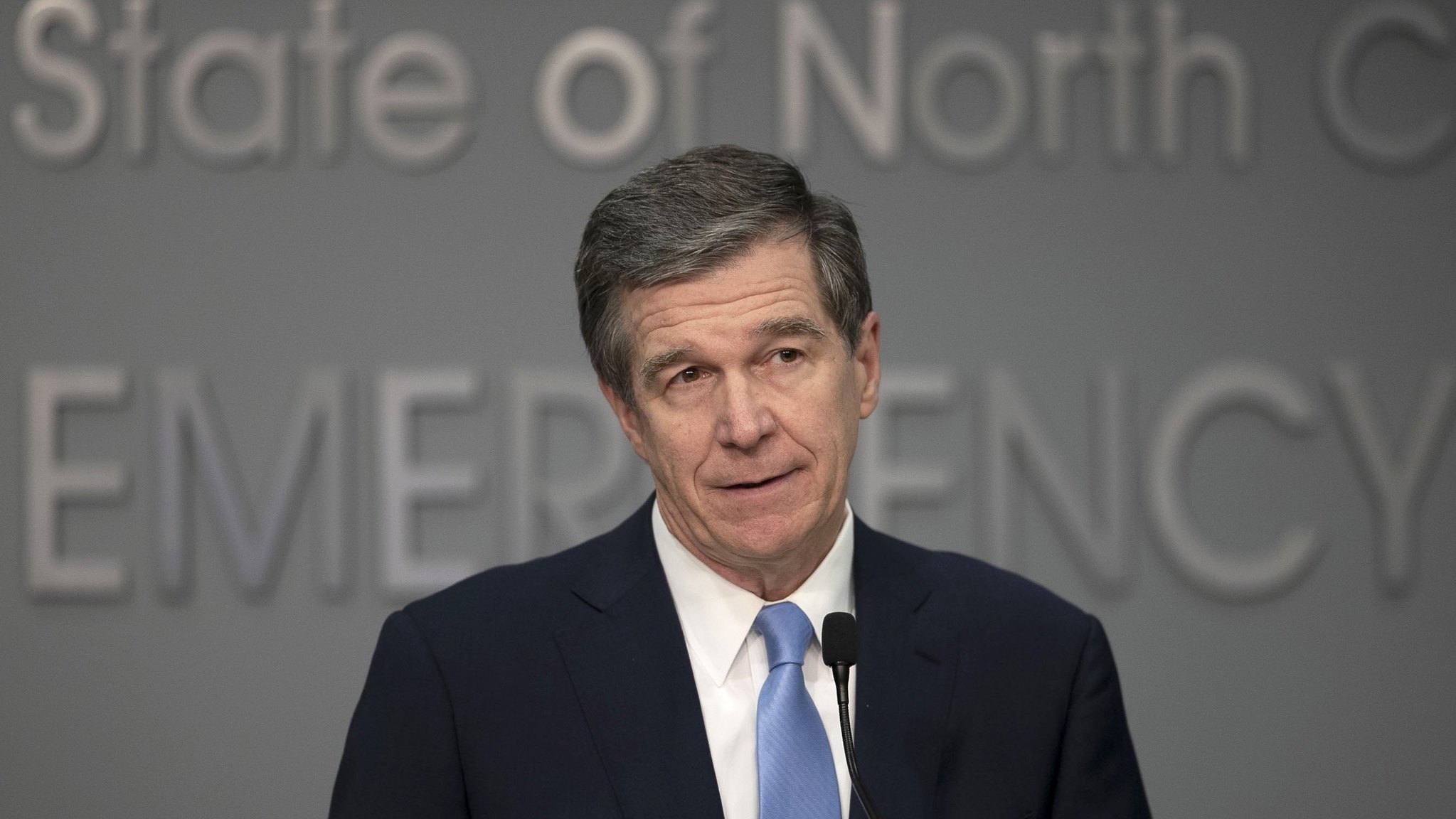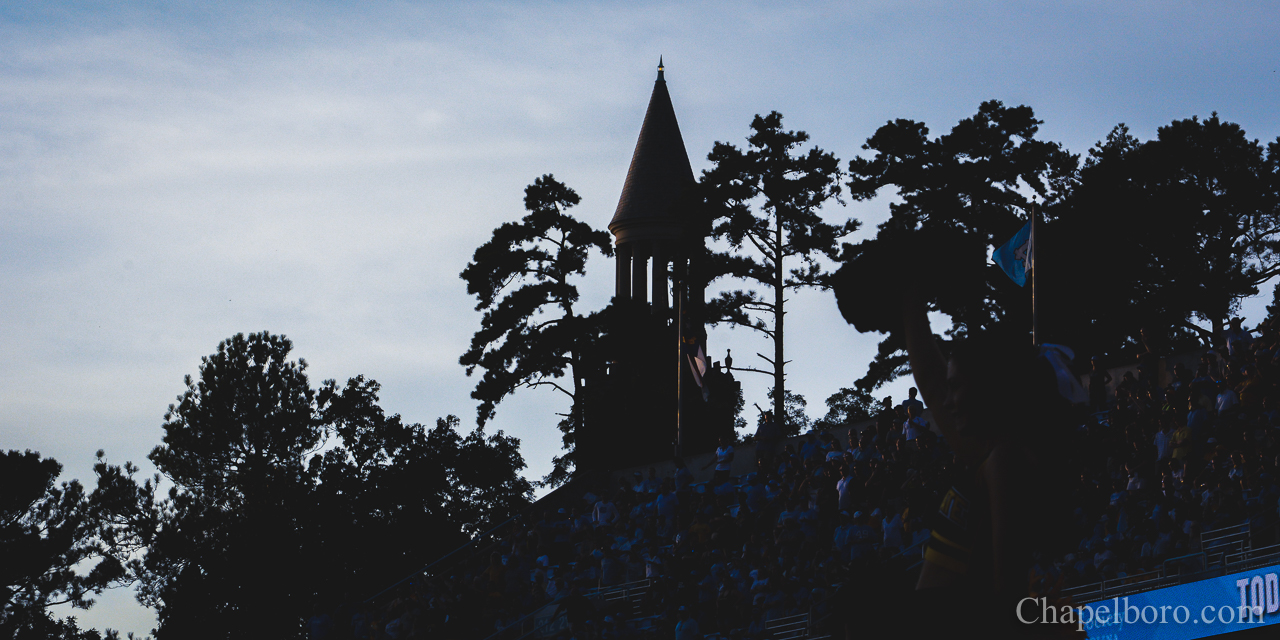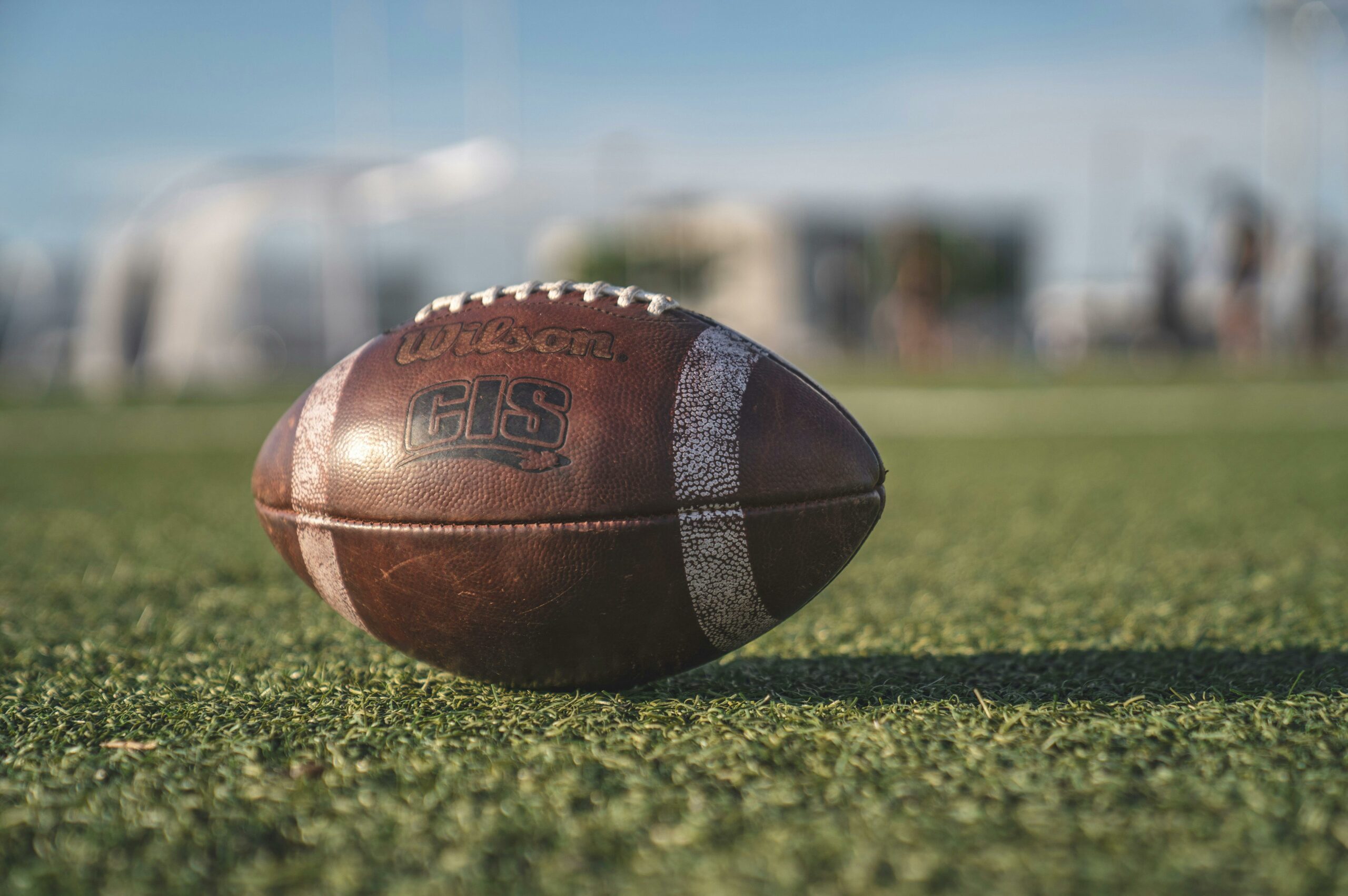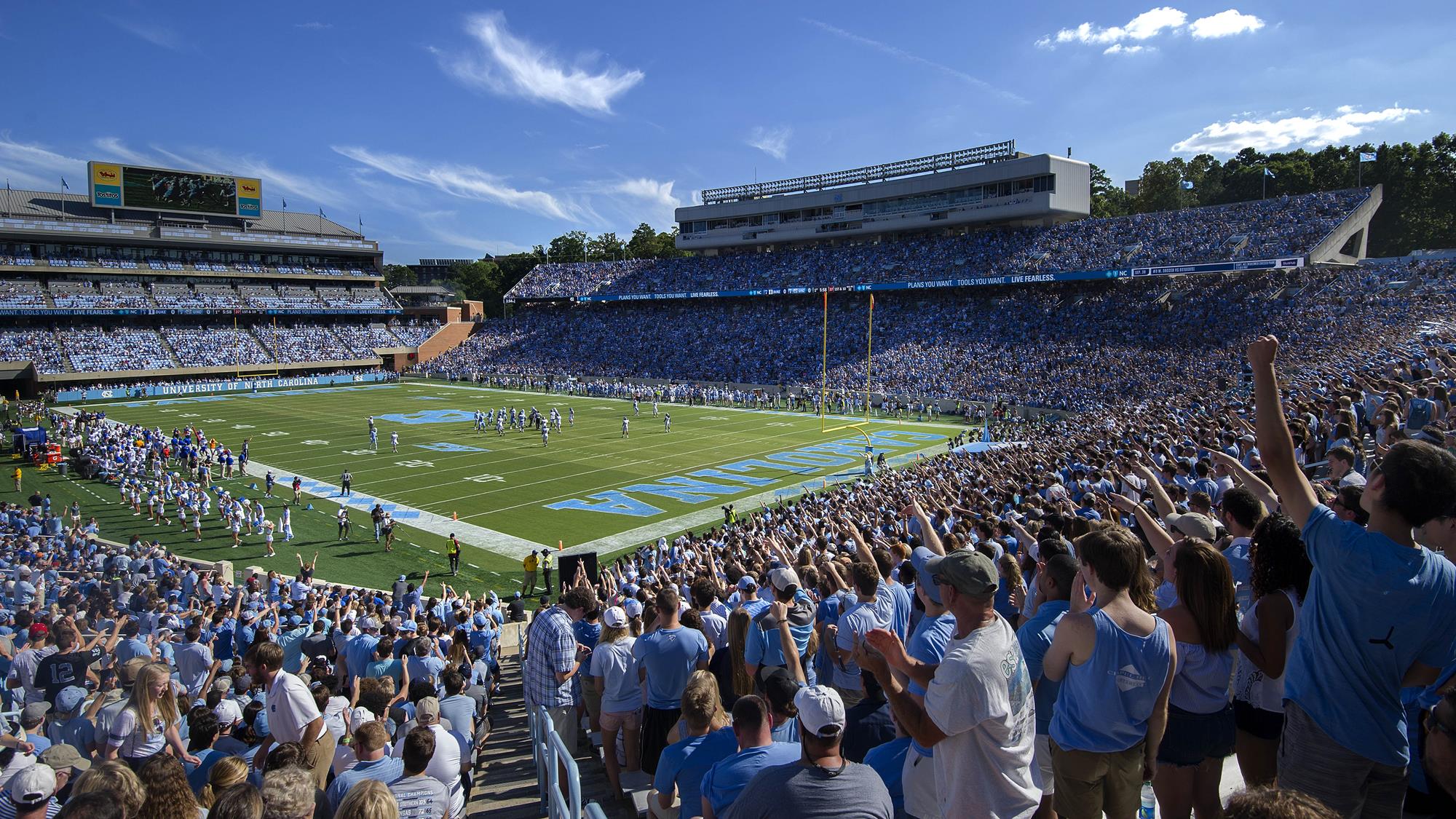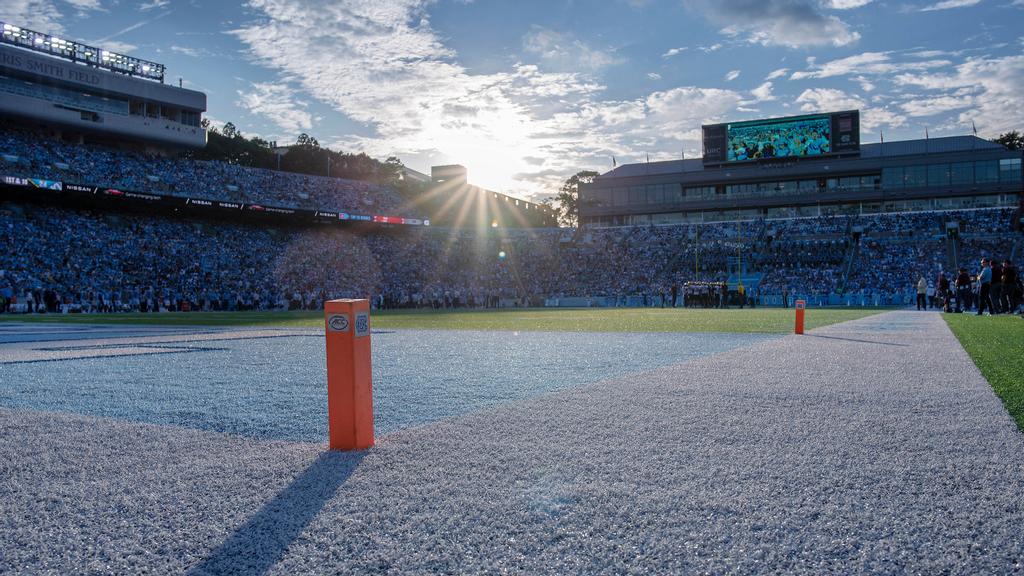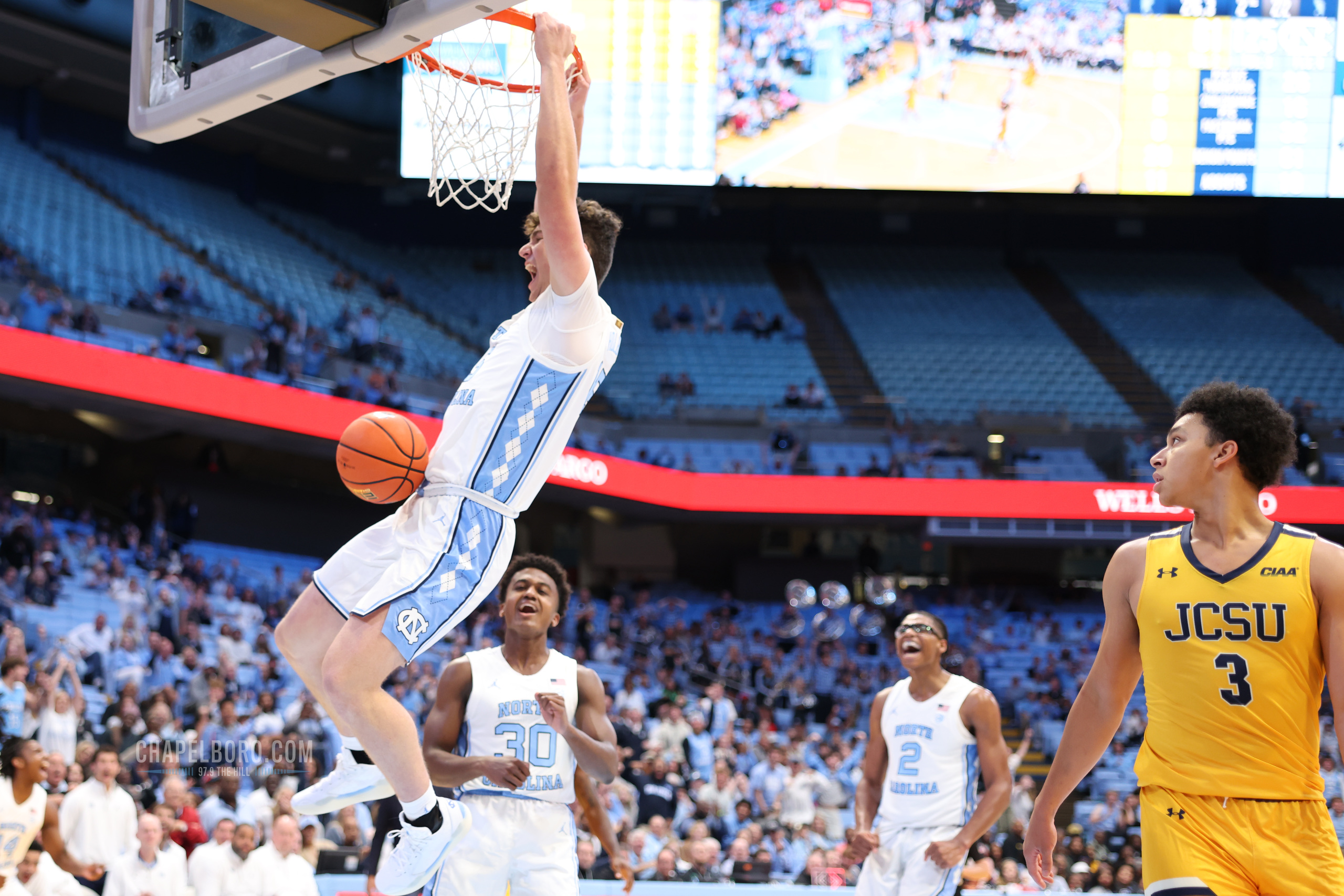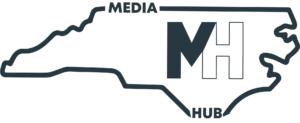
Story by Thomas Moody-Jones
North Carolina high school athletes will be able to profit off of name, image, and likeness deals following the signing of a written order on Monday.
The written order originates from a ruling on Oct. 1, in which Wake County Superior Court Judge Graham Shirley found that the NC Board of Education breached Senate Bill 452. In 2023, Senate Bill 452 transferred some of the North Carolina High School Athletics Association rule-making authority to the State Board. Shirley found that by not regulating – but rather prohibiting – nearly all NIL deals, the board disregarded the limitations of its rule-making authority.
The ruling stops the board from enforcing temporary rule ATHL-008, passed by the Board on June 6, which bans NIL agreements that feature any of the following:
- Public appearances or commercials
- Product or service endorsements
- Promotional activities, including in-person events and social media advertisements
- Autograph signings
- Sale of NFTs
- Athletic camps and clinics
The October 1st ruling occurred in a lawsuit against the state board for these restrictions, filed by Rolanda Brandon – the mother of Greensboro Grimsley’s star quarterback, Faizon Brandon. According to 247Sports, Faizon is the nation’s top-ranked recruit in the class of 2026.
The lawsuit reports that the board’s temporary rules hurt the Brandons – stating “a prominent national trading card company” offered the family “with financial security for years to come” in exchange for “a certain volume of signed memorabilia” prior to Faizon’s high school graduation. In response to the Oct. 1 ruling, Faizon Brandon posted on X “#AGTG” – which stands for “All Glory To God.”
“The permanent rule, at least in its spirit, complies with the directive that is in Senate Bill 452,” said Mike Ingersoll, the Brandons’ lawyer. “The temporary rule does not. They’re 180-degree variations of one another.”
State Board Chair Eric Davis said that lawmakers only gave the board one month to decide on the temporary rule for the 2024-25 school year.
“NIL is a complex issue that requires thoughtful guidance,” said Davis. “Given the limitations for the temporary rulemaking, the board chose to maintain the status quo and not authorize NIL in the temporary rule.” But Shirley found that the North Carolina High School Athletic Association had been operating under an incorrect assumption – the previous rules only banned performance incentives, not NIL deals.
The injunction will remain in place until the State Board of Education provides the court with a temporary or permanent rule that is similar to the proposed rule, or additional legislation is passed and effective.
N.C.’s new high school rules
Despite the immediate ability for players to profit from NIL, the rules and regulations around that access are not clear, as the State Board of Education still needs to set guidelines. Under the rule proposed in September, North Carolina students and their parents must complete a free NIL course produced by the National Federation of State High School Associations if they choose to participate in NIL agreements. A copy of all the agreements must be shared with the athletic director, head coach, principal, superintendent, and the chairperson of the local board of education. The student’s athletic director then sends the information to the North Carolina High School Sports Association, and the NCHSAA is in charge of producing an annual report to the State Board of Education. All NIL agreements have to release the school district, NCHSAA, Department of Public Instruction, and the State Board of Education from all liability.
Athletes cannot reference a school or the NCHSAA in any NIL deal, and they cannot appear in the uniform of the school or team. In addition, students cannot endorse or promote goods and services during competition or other school activities, and they cannot display any logos or brands while competing unless it’s part of the standard school uniform. The rules also prohibit NIL deals for the following activities:
- Activities that would disrupt the operations of the school
- Adult establishments or entertainment services
- Alcohol or alcoholic products
- Cannabis or related products
- Casinos or gambling, including sports gambling
- Controlled substances
- Tobacco, vaping, or nicotine products
- Opioids or prescription pharmaceuticals
- Weapons, firearms, or ammunition
The rules also prohibit employees and clubs from promising NIL deals in order to get students to participate in a sport or to convince a student to transfer to a school. It also prevents employees and clubs from acting as agents. NIL agreements cannot be conditioned on the performance of an athlete, and a parent or legal guardian must be party to the agreement if the student is under 18 years old.
The national debate over NIL
In 2014, a group of collegiate athletes filed a lawsuit against the National Collegiate Athletics Association, claiming the NCAA passed unfair anticompetitive rules limiting the compensation and benefits that student-athletes might receive for their athletic participation. After two court appeals by the NCAA, on June 21, 2021, the U.S. Supreme Court held unanimously that the association had violated federal antitrust laws. Subsequently, the NCAA began allowing collegiate athletes to engage in NIL activities if they follow state laws.
A year after the NCAA changed its policy, it’s estimated that NIL deals made collegiate athletes 917 million. Although the NCAA does not control high school athletics, shifts in their interim policy have led to state policy changes. In July of 2021, only one state approved NIL deals for high school students – today, twenty-nine have permitted it, and seven states are considering it.
The market for NIL deals is projected to only grow larger as a wave of lawsuits against the NCAA aim to further loosen regulations. On Oct. 7, the NCAA made a 2.78 landmark billion dollar settlement that received preliminary approval in the House vs NCAA case, clearing the way for students to begin paying collegiate players through revenue sharing in 2025. In another open lawsuit set in Los Angeles, the National Labor Relations Board issued a complaint against the NCAA, Pac-12 Conference, and USC – arguing that football and basketball players at USC should be classified as employees. If ruled in favor of the NLRB, it could open the possibility of collective bargaining and unionization for athletes of public schools.
Baker continues to urge Congress to pass an act giving the association a limited antitrust exemption, which would give the association more freedom to set their own rules. On Sept. 27, Baker wrote in an X post “We continue to see evidence of dysfunction in today’s NIL environment […] We’re continuing to advocate for Congress to create national NIL guidelines that will protect student-athletes from exploitation, including the use of standard contracts.”
(Story and images via UNC Media Hub)
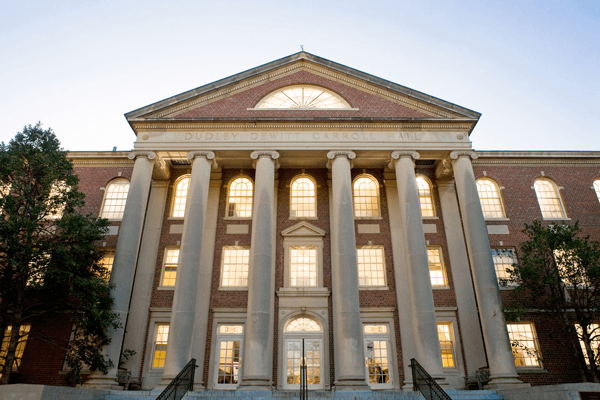 Stories from the UNC Media Hub are written by senior students from various concentrations in the Hussman School of Journalism and Media working together to find, produce and market unique stories — all designed to capture multiple angles and perspectives from across North Carolina.
Stories from the UNC Media Hub are written by senior students from various concentrations in the Hussman School of Journalism and Media working together to find, produce and market unique stories — all designed to capture multiple angles and perspectives from across North Carolina.

